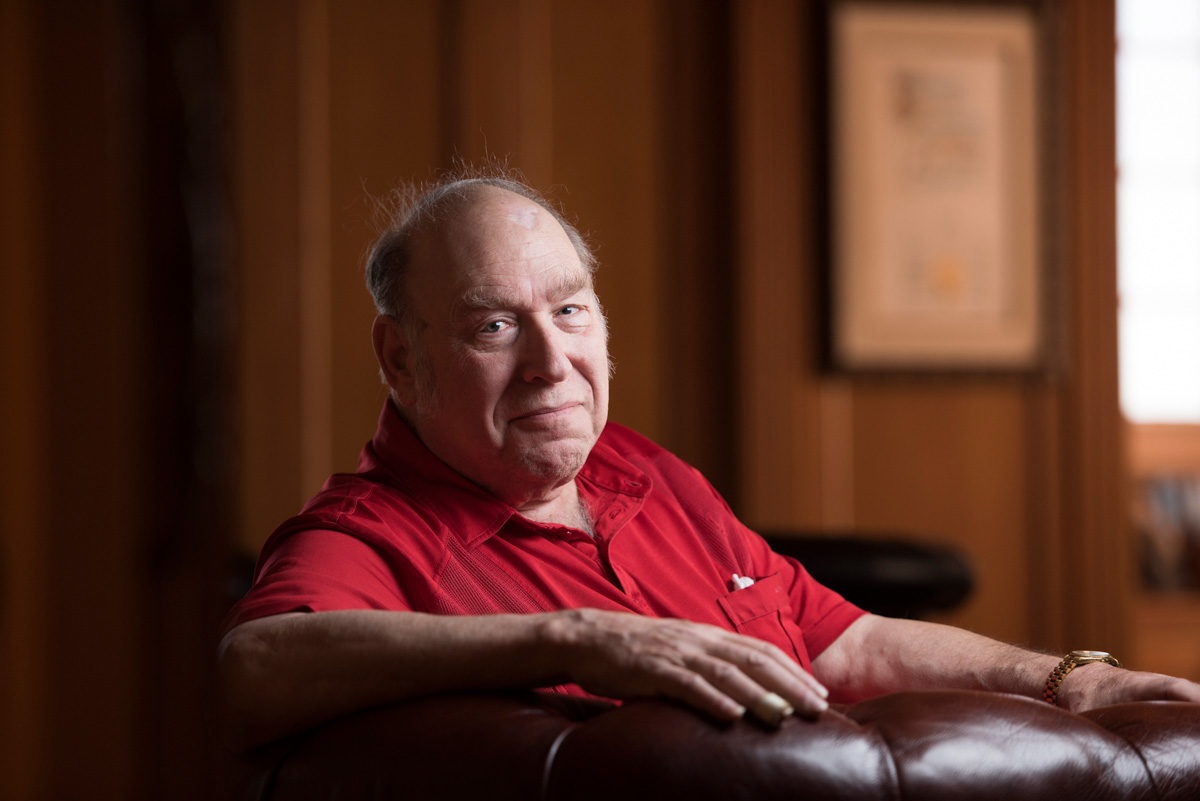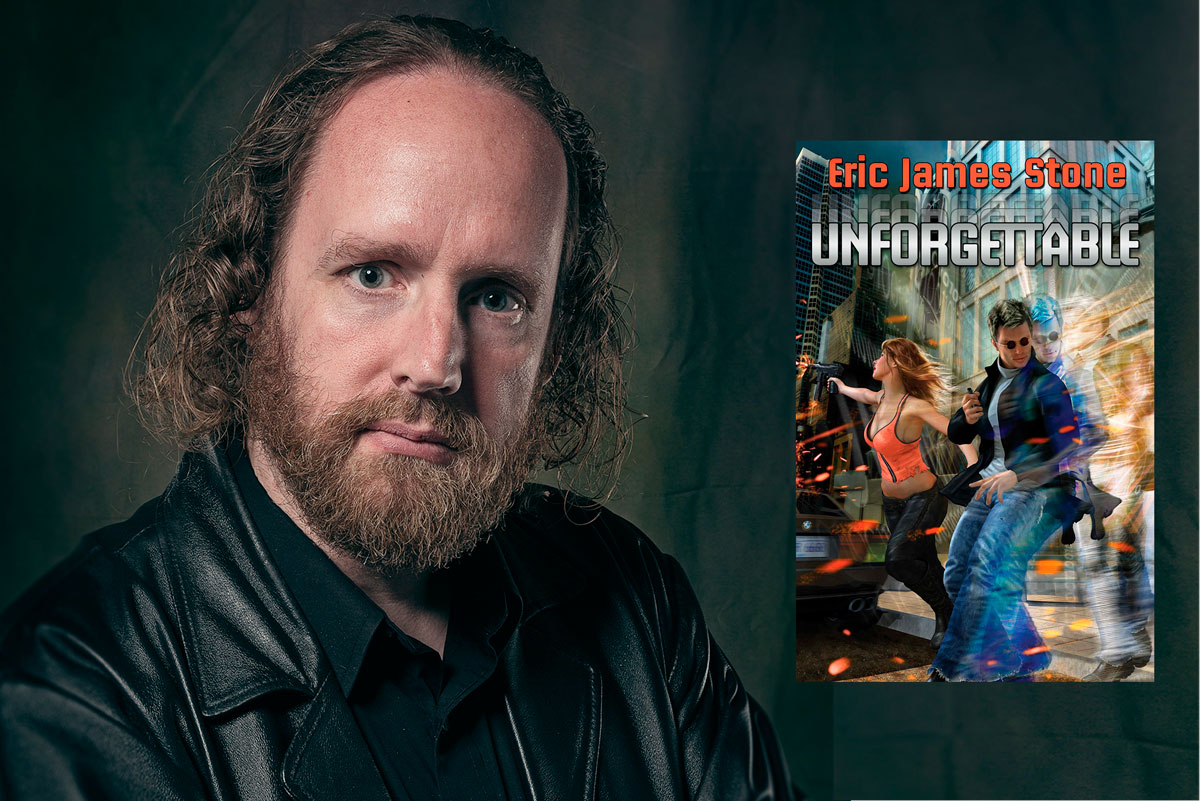Persistence
There is a myth among the general public that the greatest writers are born with uncanny innate talents that average folks dare not aspire to.
Yet there is only a sliver of truth to that argument. Talent is helpful, especially for new authors who are just trying to break in, but you can’t make a career out of it.
When I was breaking into my field about thirty years ago, I used to look at other hot new writers and try to gauge my competition. I used to wonder which one of them would be the next Frank Herbert, Isaac Asimov, or the J.R.R. Tolkien of my generation.
The truth is that of the top twenty people that I might have bet on back then, not one is making a living as a writer today.
If you are born with a natural gift—let’s say the ability to devise stunning metaphors—, you tend to rely on that gift as a new writer. It becomes a crutch. Everyone loves you for a book or so. You win some of the big new writer awards. But with your second book, people begin to see you as a one-trick pony. They begin to notice that you haven’t got a clue how to plot, or that you have no depth of meaning in your tales, and so on.
Of far more value to a new writer, in my mind, is persistence. The reason is simple: you might not find early in your writing career that you have any stunning talent. But if you persist in writing, if you observe the beauty and power of other great writers and try to make their virtues your own, you can in time develop a wide range of talents—enough to build your career upon.
Let me give you an example. Once I was lying in bed reading a Dune novel by Kevin J. Anderson and Brian Herbert. Kevin is one of those people who hadn’t hit my radar in 1987. In fact, his first novel wasn’t published yet.
Kevin is one of those authors who had a hard time breaking in. In about 1987 he won an award called “The Writer With No Future” award. As I recall, the award was given out by a writing group in San Francisco. To win the award he had to 1) Have never had a professional sale and 2) Have more rejection slips by weight than any other writer.
Kevin had hundreds of rejections, enough to outweigh all of the other entrants.
His hard-won award consisted of a toilet seat with the words “The Writer With No Future” written on it.
Some people would be discouraged to win such an award. Some would give up. I don’t know for sure, but I suspect Kevin just tried that much harder. Kevin is persistent, tenacious, and very, very smart. So he kept writing, kept developing his talents.
Kevin writes with a clean, professional prose style that isn’t overtly flashy, and it isn’t until one reads his work that one sees that his greatest talents lie in plotting and creating powerful archetypal stories.
In 1988 Kevin published his first novel. Since then, Kevin has published something like seventy more books, and by doing so, I suspect that in the field of science fiction he has become a top money-maker.
Writing is hard when you start. You probably won’t have any fans cheering you on. If you’ve got a mother or a spouse who believes in you, count yourself extremely fortunate. Most new writers only get discouragement from their family members.
I once read an article that said that the average writer takes seven years from the time that they begin writing to the time that they begin publishing. Once you begin publishing, it normally takes five to seven more books before you can gain the status of a “lead author” for your publisher—the author who gets most of the hype and publicity during the month that his or her book is released. And after that, it may take years until you actually become an“overnight success” and have a novel top the charts.
There are ways to beat those odds—to publish much more quickly than seven years and to top the charts more quickly. But the truth is that if you are starting out as a writer, you’d better buckle down for the long haul.
So, I would rank persistence as one of the greatest virtues a writer can have.

David Farland
Guest Blogger, David Farland, Coordinating Judge of the Writers of the Future Contest.
David Farland is an award-winning, international bestselling author with over 50 novels in print. He has won the Philip K. Dick Memorial Special Award for “Best Novel in the English Language” for his science fiction novel On My Way to Paradise, the Whitney Award for “Best Novel of the Year” for his historical novel In the Company of Angels, and many more awards for his work. He is best known for his New York Times bestselling fantasy series The Runelords.




I wrote a book , but i’m having problem with the title , I like Perseverance , Persistence , but I see many books out there with same title .